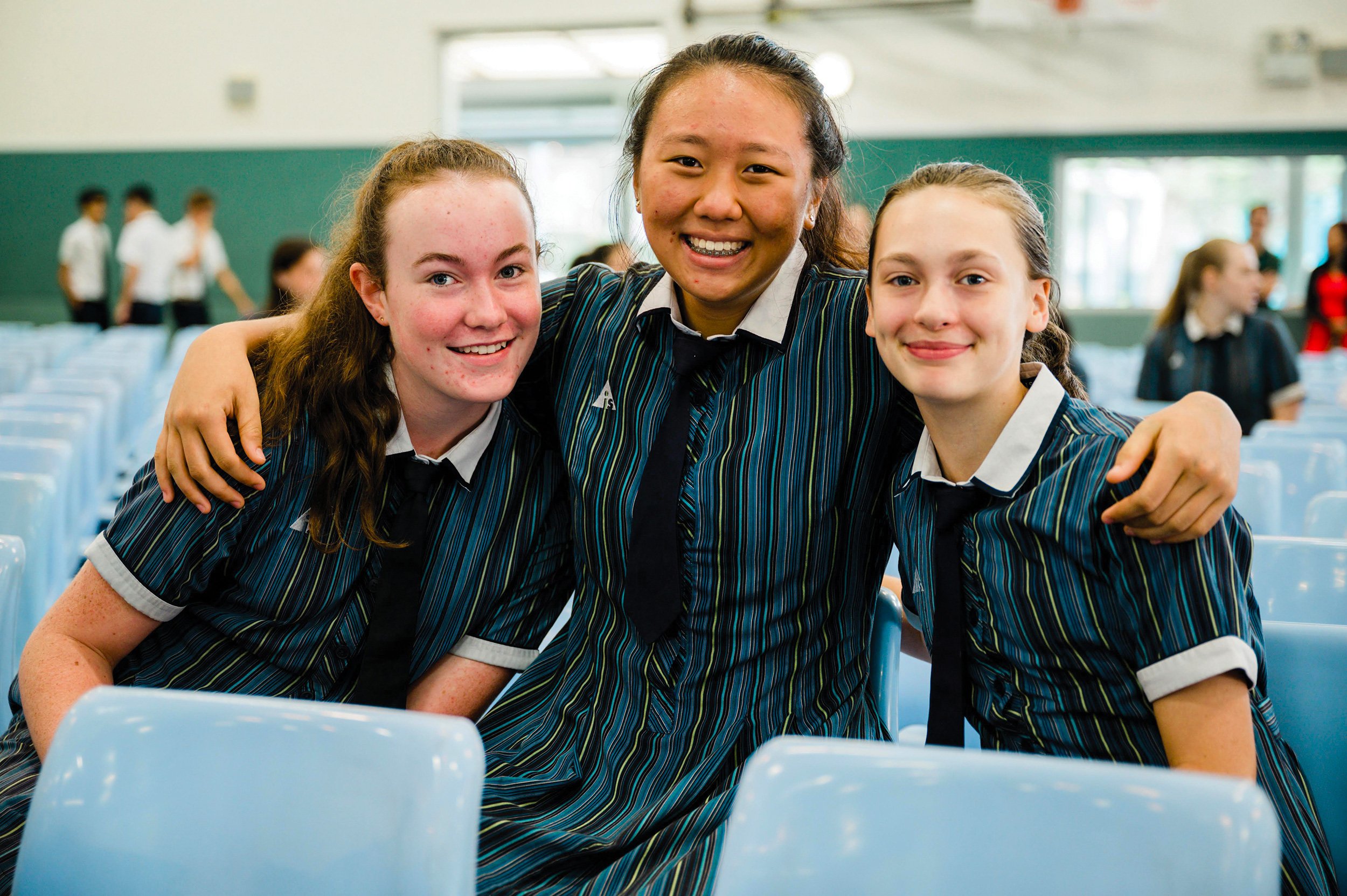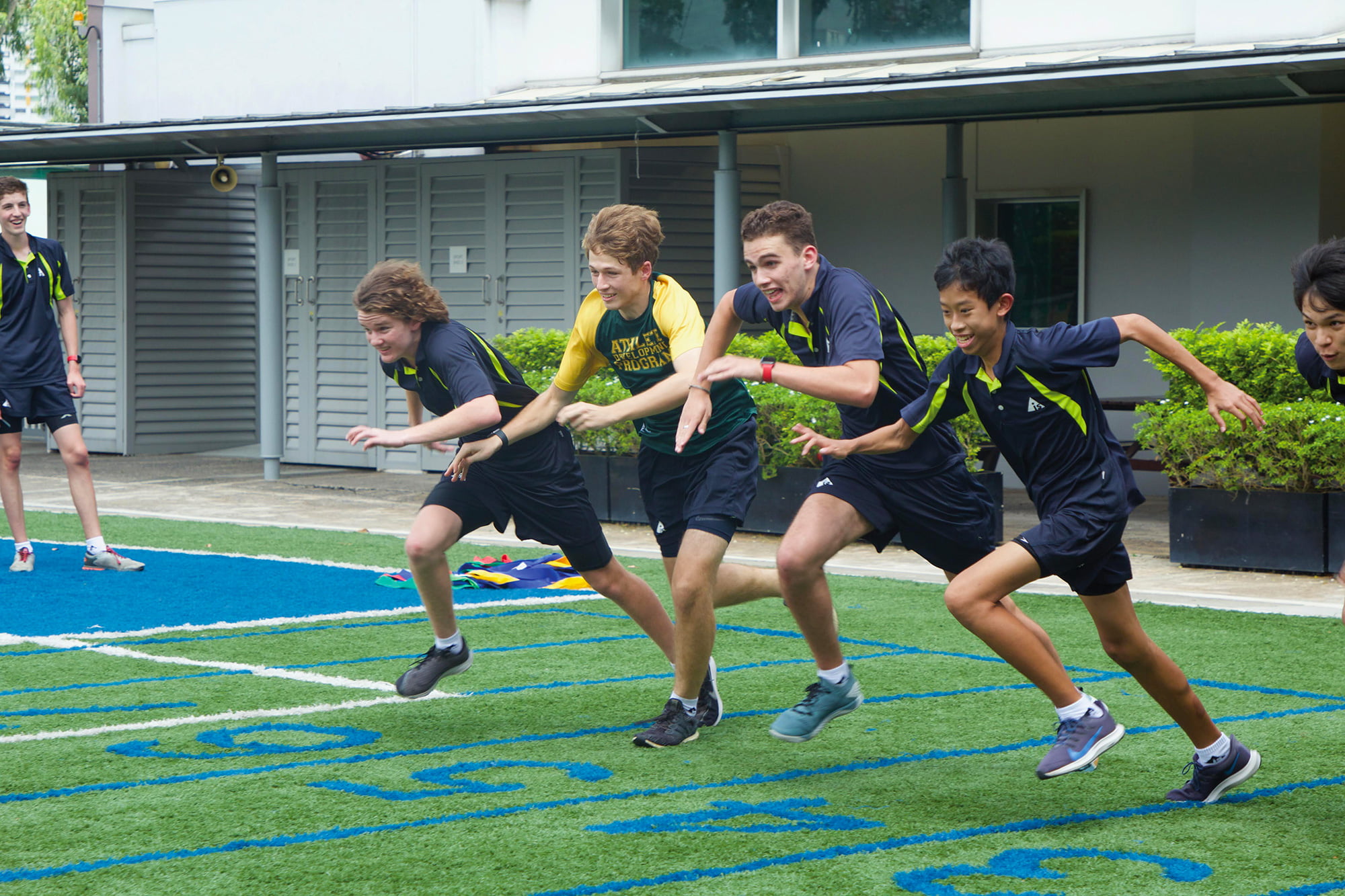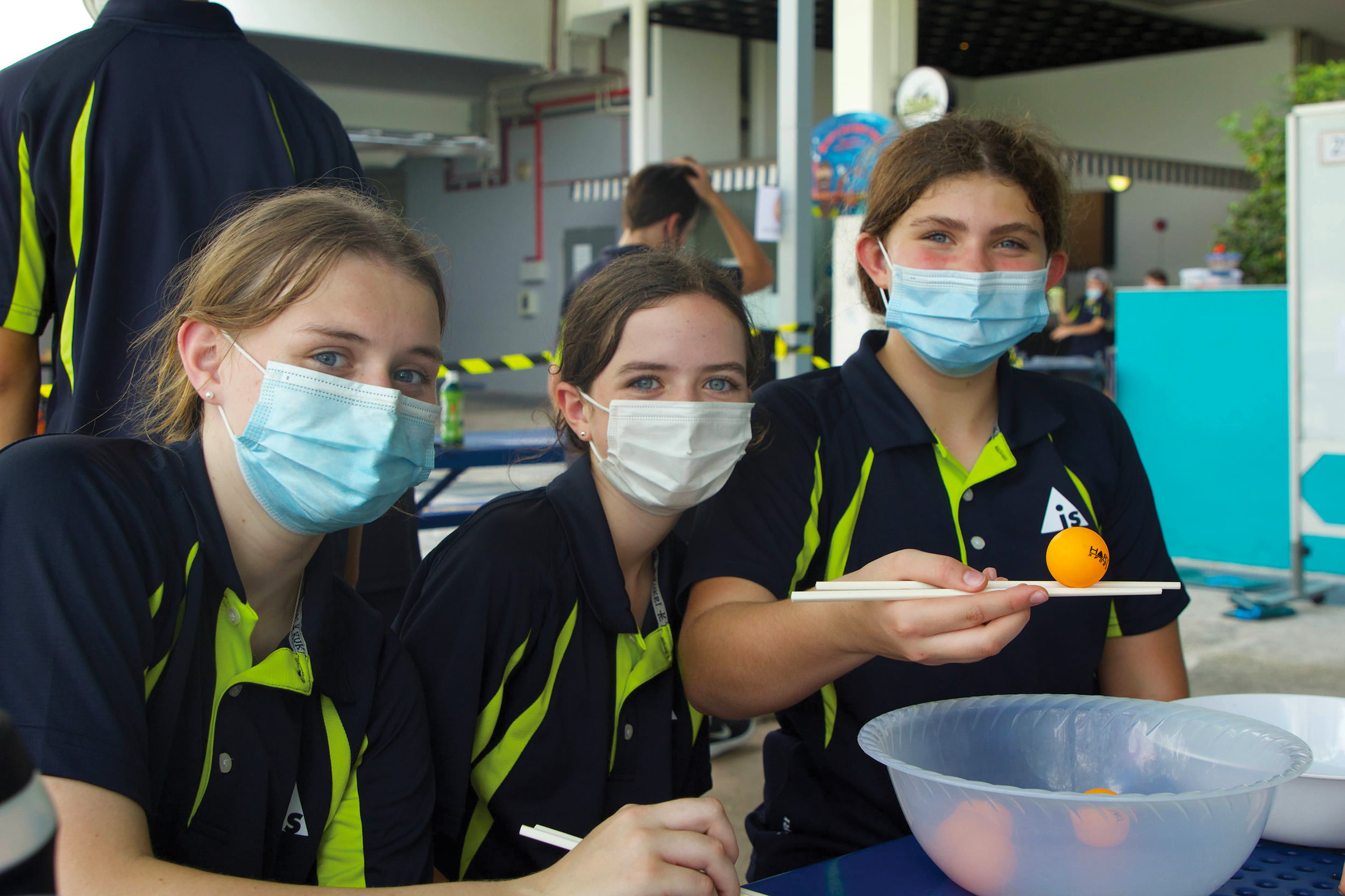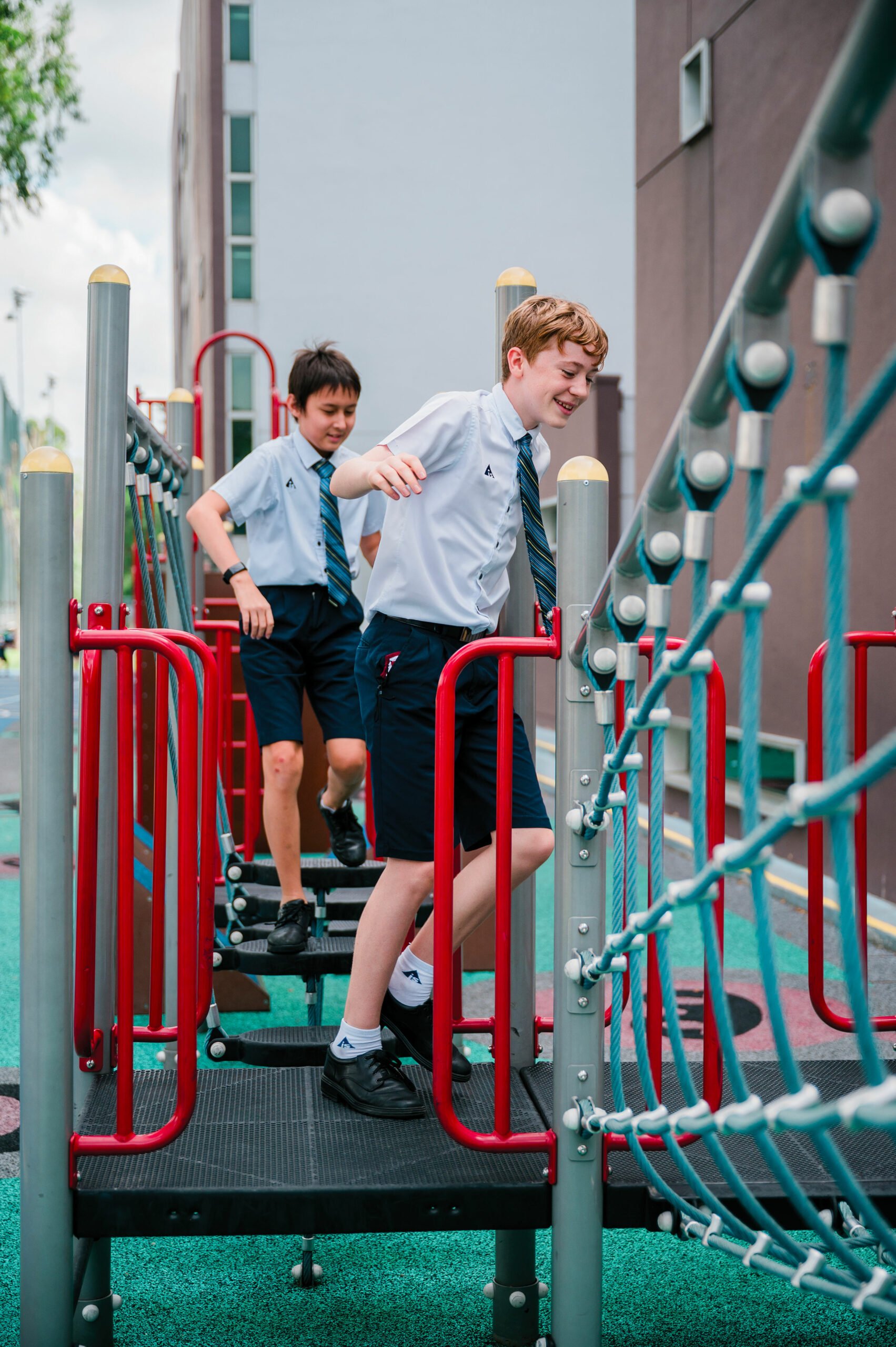
 It’s easy to forget the resilience displayed by our children and teenagers during COVID-19 and to focus on the negatives, rather than the positives. Despite disruption to their lives, uncertainties and challenges many young people have developed determination, grit and personal coping strategies – skills that couldn’t have been fostered without the intervention of a global pandemic.
It’s easy to forget the resilience displayed by our children and teenagers during COVID-19 and to focus on the negatives, rather than the positives. Despite disruption to their lives, uncertainties and challenges many young people have developed determination, grit and personal coping strategies – skills that couldn’t have been fostered without the intervention of a global pandemic.
During May and June this year, schools in Singapore returned to operating online and the second wave of Home-Based Learning was thrust upon students, staff and the wider community. However, lessons learned in 2020 were applied in the 2021 context. For many, our skill sets in navigating this challenging time were strengthened, with more diverse tools to handle adverse situations.
As educators, we’re inevitably reminded by the media about the damage done to our students’ psyches during COVID-19, with only fleeting reference to how they’ve also learned to adapt and develop to the situation. We talk about the damage wrought to friendship groups but sometimes forget that in many cases, stronger bonds have been forged with parents and family.

Many children have shared joyful stories of spending more time with parents who prior to the pandemic, frequently travelled internationally for work. This has resulted in children better connecting with their parents and learning more about them as people. Some families have used the opportunity to reflect on life before the pandemic, and collectively reassess what’s important to them as a family unit.
Building resilience in our kids and teens is so important and is the job of everyone within our community. The African proverb, “It takes a village to raise a child,” has never held greater meaning. Everyone is a role model for the children in our society so it’s important to display the behaviours we wish our children to reflect.
There are many ways we can assist in strengthening the social, emotional and mental wellbeing of children and teens in our care.
1. Establish and model healthy routines for study/ work, socialising and sleep.
Establishing regularity builds routines and creates structure to days that feel all too similar. To prevent bad habits forming, such as going to bed and getting up late, create an ‘artificial’ day which reflects a normal school day i.e. waking at the same time, going for a swim or run instead of travelling to school, eating a healthy snack and sharing a lunch break.

2. Help children stay healthy, both mentally and physically
Physical health can be woven into the additional time students reclaim from being at home – throw in a family morning walk, a game of tennis before lunch or a dance break between lessons. Boost mental health by establishing family and connection time. Break out the board games and have a conversation. Set up a coffee break where all members of the family come together and share how the day is going.
3. Assist kids in staying socially connected
It’s important for kids to stay connected with family and friends – overseas and locally. Create opportunities for your children to connect, both in person (adhering to current government restrictions) and online. Teenagers need to socialise. Try apps such as ‘Together’ – a video calling app which allows them to connect with friends in their school and in other countries. Teens can also collaborate on online activities and games, fostering their sense of belonging and community.
 4. Recognise and address their stress and fear
4. Recognise and address their stress and fear
Young people may be feeling heightened anxiety and sadness as they come to terms with being separated from family in their home country and also saying farewell to their Singapore-based friends due to international relocations. Grief is a normal response to losing someone or something which is important to us. Allow your children to go through the grieving process and support them by being sympathetic and understanding.
5. Teach and reinforce preventative actions
Many kids may be feeling fatigued with COVID-19 preventative measures but remind them these small actions will slow the spread of the virus and protect others. Reinforce that practices such as mask wearing, hand washing, and other hygiene-related procedures ensures their safety.
 6. Encourage adolescents to seek help
6. Encourage adolescents to seek help
Teach your kids and teens that assistance when required is a sign of strength, rather than weakness. Be open and encouraging when they reach out for help. Sometimes all they need is for someone to listen.
7. Prioritise your own wellbeing.
Just like on an airplane, you need to put your own oxygen mask on, before you attend to others. If you are calmer and more rested, you’ll be in a better position to support your children. Be kind to yourself first, look after your own mental and physical health and you’ll find you have more resources, time and patience to help look after the loved ones in your life.








